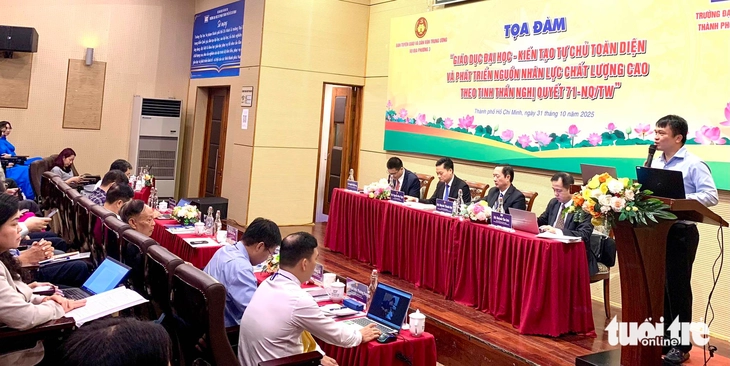
Scientists discuss university autonomy at the seminar - Photo: TRAN HUYNH
On October 31, the seminar "Higher Education - Building comprehensive autonomy and high-quality human resources in the spirit of Resolution 71-NQ/TW" was organized by Department of Locality 3 in coordination with Ho Chi Minh City University of Education, gathering representatives of more than 20 universities in the South.
From each "healthy cell", create a strong university
According to Associate Professor, Dr. Nguyen Thi Hiep - Head of the Department of Biomedical Engineering, International University (Ho Chi Minh City National University), as the first public university to teach entirely in English, International University has many advantages in international cooperation.
The school has also established a salary and bonus mechanism to encourage scientific research, thanks to which the rate of international publications is always high. However, according to Ms. Hiep, there are still many barriers that make it difficult for universities to develop more strongly.
"The biggest limitation now is that attracting good scientists and experts to work at the school is still difficult due to regulations on labor regime.
Besides, technology transfer activities from research to businesses are still limited; financial resources still mainly depend on the state budget, not attracting many social resources," Ms. Hiep shared.
Ms. Hiep likened: "Each university is like a part of the body of the Ministry of Education and Training . If we want the body to be healthy, each part must be healthy. And for each part to be healthy, each 'cell', that is, each faculty, each person in it, must also be well invested in both human resources and facilities."
At the same time, she raised the question: "Why do many good students still have to study abroad? Because we do not have a flexible and attractive enough tuition and scholarship policy." According to her, it is necessary to soon have a suitable scholarship and financial support mechanism to attract and retain international students and researchers.
In addition to the areas that are being focused on such as artificial intelligence and startups, Ms. Hiep believes that more attention should be paid to agriculture - an industry with great potential if science and technology are strongly applied. She emphasized that strengthening cooperation between schools and businesses not only helps attract financial resources, but also promotes the effectiveness of technology transfer.
"Most importantly, for schools to be truly financially autonomous, they must know how to attract resources from outside. We cannot always rely on the state budget, but must proactively cooperate with businesses, and invest together in research and development.
I really hope that the State will have specific policies to help the 'cells' in universities be healthy and develop, especially through the effective implementation of Resolution 71 and Resolution 57," Ms. Hiep expressed.
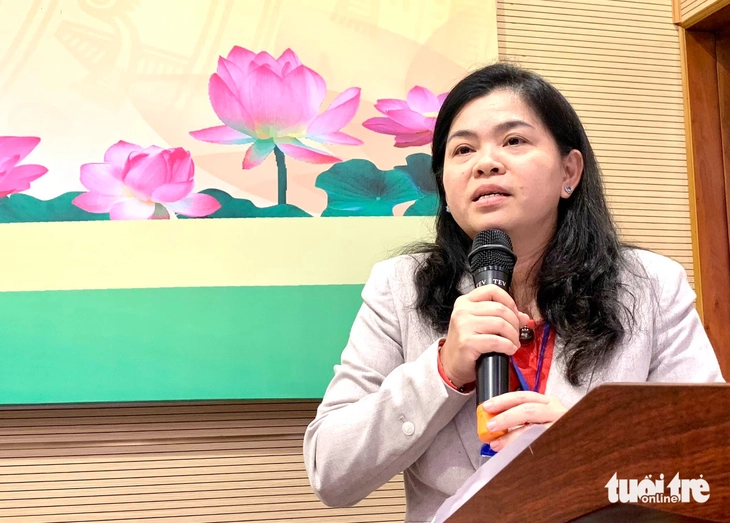
Associate Professor, Dr. Nguyen Thi Hiep speaks at the seminar - Photo: TRAN HUYNH
Create an attractive environment to retain scientists
According to Associate Professor Dr. Tran Thien Phuc - Vice Principal of the University of Technology (Ho Chi Minh City National University), to improve the level of Vietnamese higher education, it is necessary to first create a truly attractive working environment for scientists, especially foreign experts and professors.
"To attract and retain them, there must be a clear mechanism, ensuring favorable working conditions, opportunities for professional development and reasonable income. Along with that, there must be a modern, professional working space, capable of inspiring research and creativity," Mr. Phuc emphasized.
Mr. Phuc believes that international cooperation in teaching and research is a key factor to help Vietnamese universities integrate more deeply. According to him, it is necessary to encourage scientists to actively participate in joint research topics and projects with foreign partners, as well as expand cooperation with prestigious universities and research institutes to exchange experiences and knowledge.
To improve the quality of training, Mr. Phuc proposed that the State should have a support policy to help schools meet international standards in terms of programs, staff and facilities. Strengthening quality accreditation according to international standards must go hand in hand with building an internal self-assessment system to continuously improve the quality of training.
"There needs to be strong enough investment and financial support policies for schools to develop sustainably. At the same time, businesses and international organizations should be encouraged to invest and sponsor research and training activities in universities," Mr. Phuc proposed.
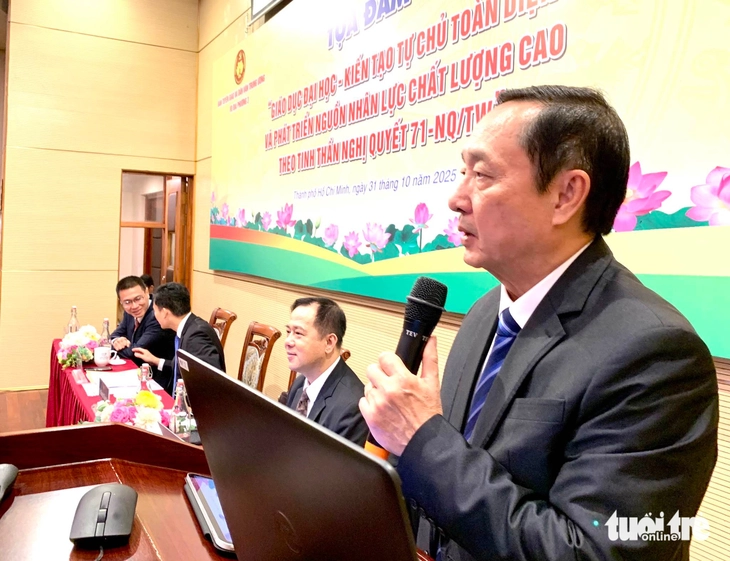
Mr. Huynh Thanh Dat highly appreciated the contributions of delegates at the seminar - Photo: TRAN HUYNH
Need to boldly pilot advanced university governance models
Speaking at the seminar, Mr. Huynh Thanh Dat - Member of the Party Central Committee, Deputy Head of the Central Propaganda and Mass Mobilization Commission - affirmed: "Universities need to enhance the spirit of initiative, creativity, dare to take responsibility and accountability. Boldly pilot advanced governance models, build an academic and research environment according to international standards, taking quality as the foundation to affirm prestige and position".
He emphasized that mobilizing social resources is a strategic and vital task. Schools need to make clear commitments on output quality and transparent management processes to build trust with learners and society.
At the same time, there needs to be stronger support from businesses, alumni and the community through development funds, sponsorship funds and public-private partnerships (PPP). "Investing in education is investing in the future sustainable development of the country," Mr. Dat affirmed.
Mr. Dat said that the Central Propaganda and Mass Mobilization Commission will continue to closely monitor, and at the same time advise and propose so that recommendations from practice can soon be transformed into specific and feasible mechanisms and policies, contributing to the effective implementation of Resolution 71 and Resolution 57, creating a foundation for a comprehensively integrated, creative and autonomous university education.
Source: https://tuoitre.vn/de-dai-hoc-khoe-tung-khoa-phai-khoe-tung-nguoi-phai-duoc-dau-tu-tot-20251031153721889.htm



![[Photo] Prime Minister Pham Minh Chinh attends the 5th National Press Awards Ceremony on preventing and combating corruption, waste and negativity](https://vphoto.vietnam.vn/thumb/1200x675/vietnam/resource/IMAGE/2025/10/31/1761881588160_dsc-8359-jpg.webp)


![[Photo] Da Nang: Water gradually recedes, local authorities take advantage of the cleanup](https://vphoto.vietnam.vn/thumb/1200x675/vietnam/resource/IMAGE/2025/10/31/1761897188943_ndo_tr_2-jpg.webp)

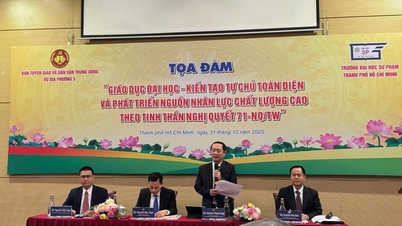

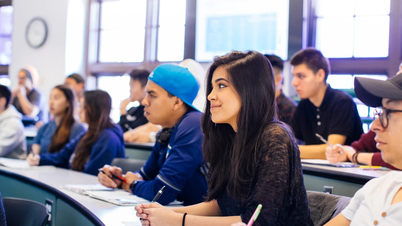

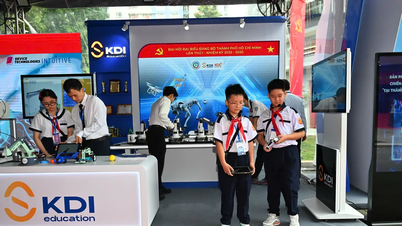

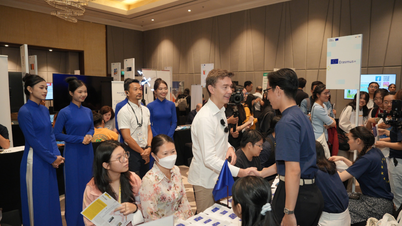

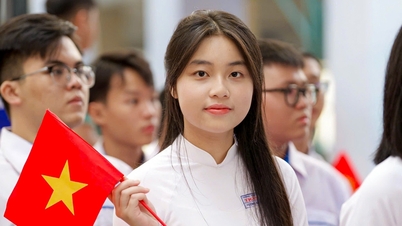

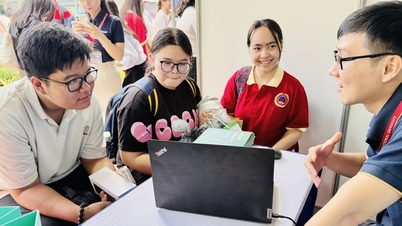
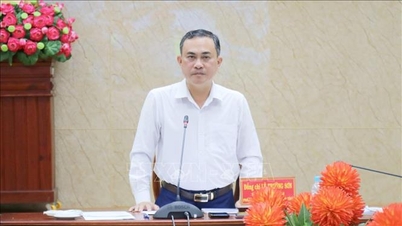
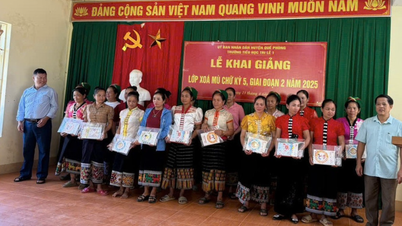
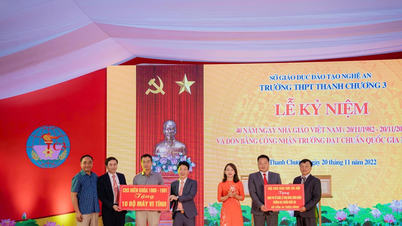
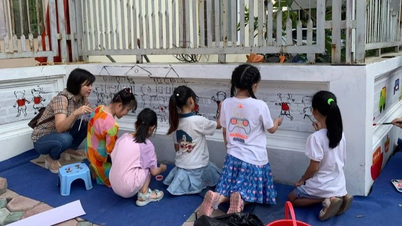

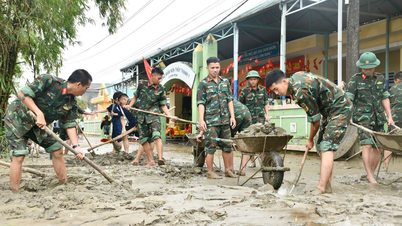

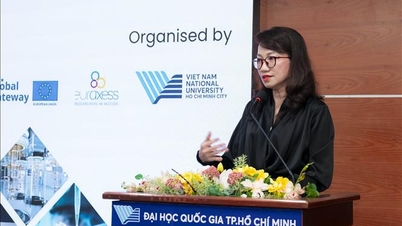




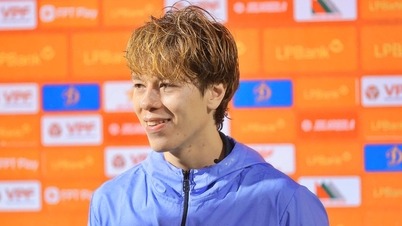

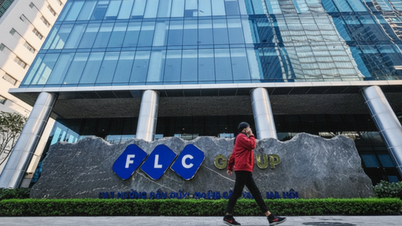
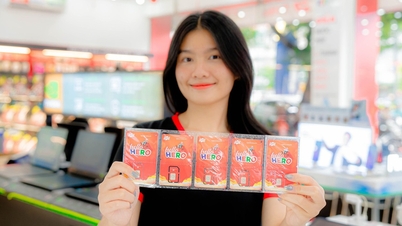
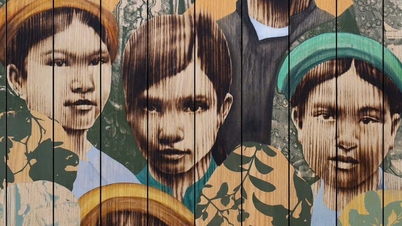
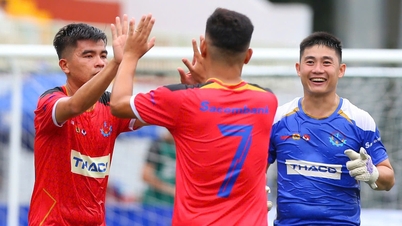






























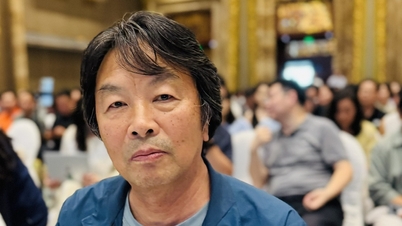

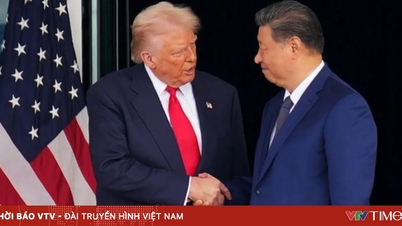


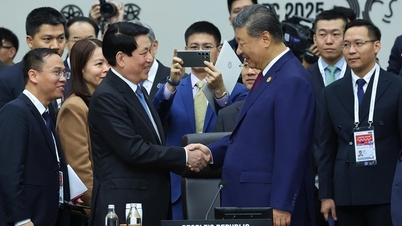
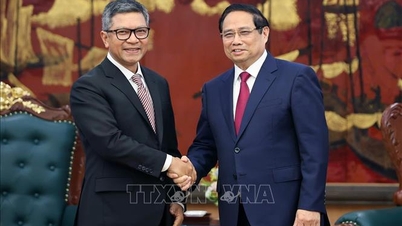
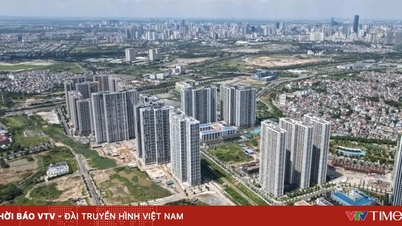





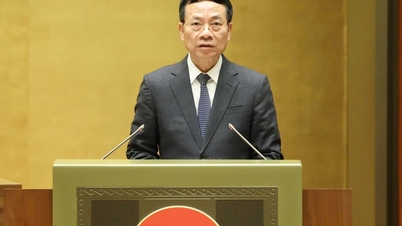
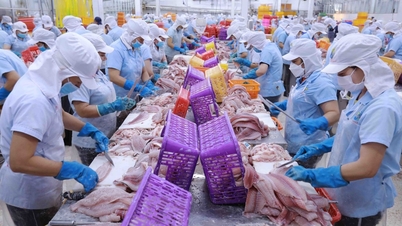
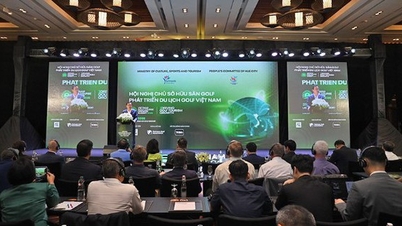


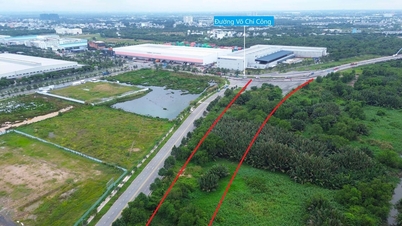

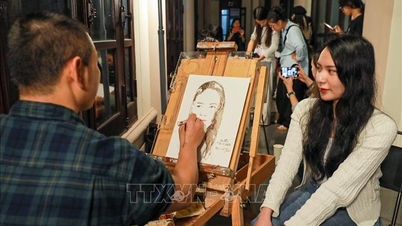

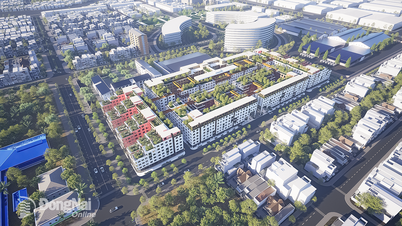

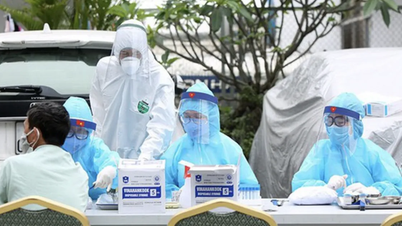
















Comment (0)